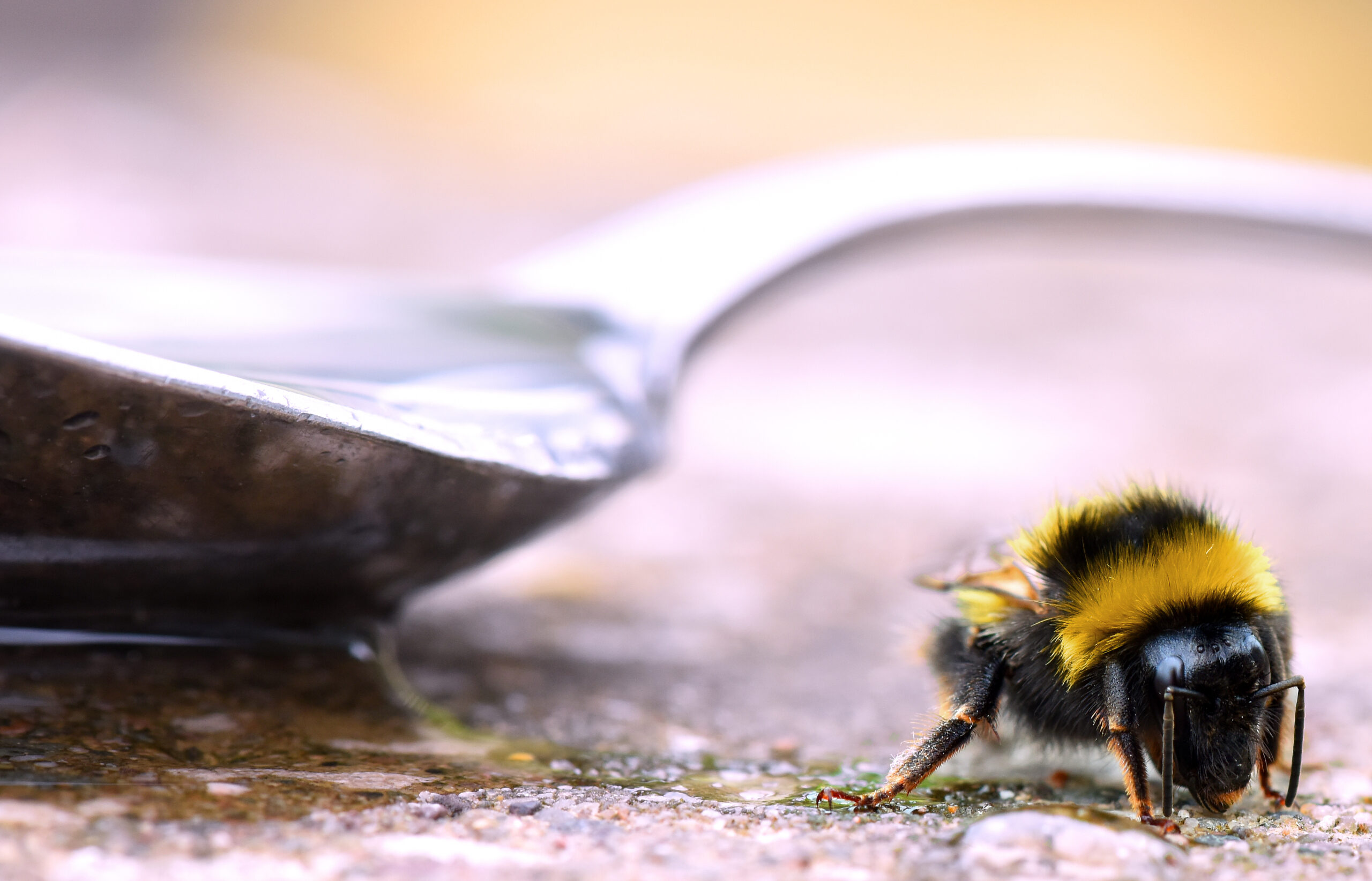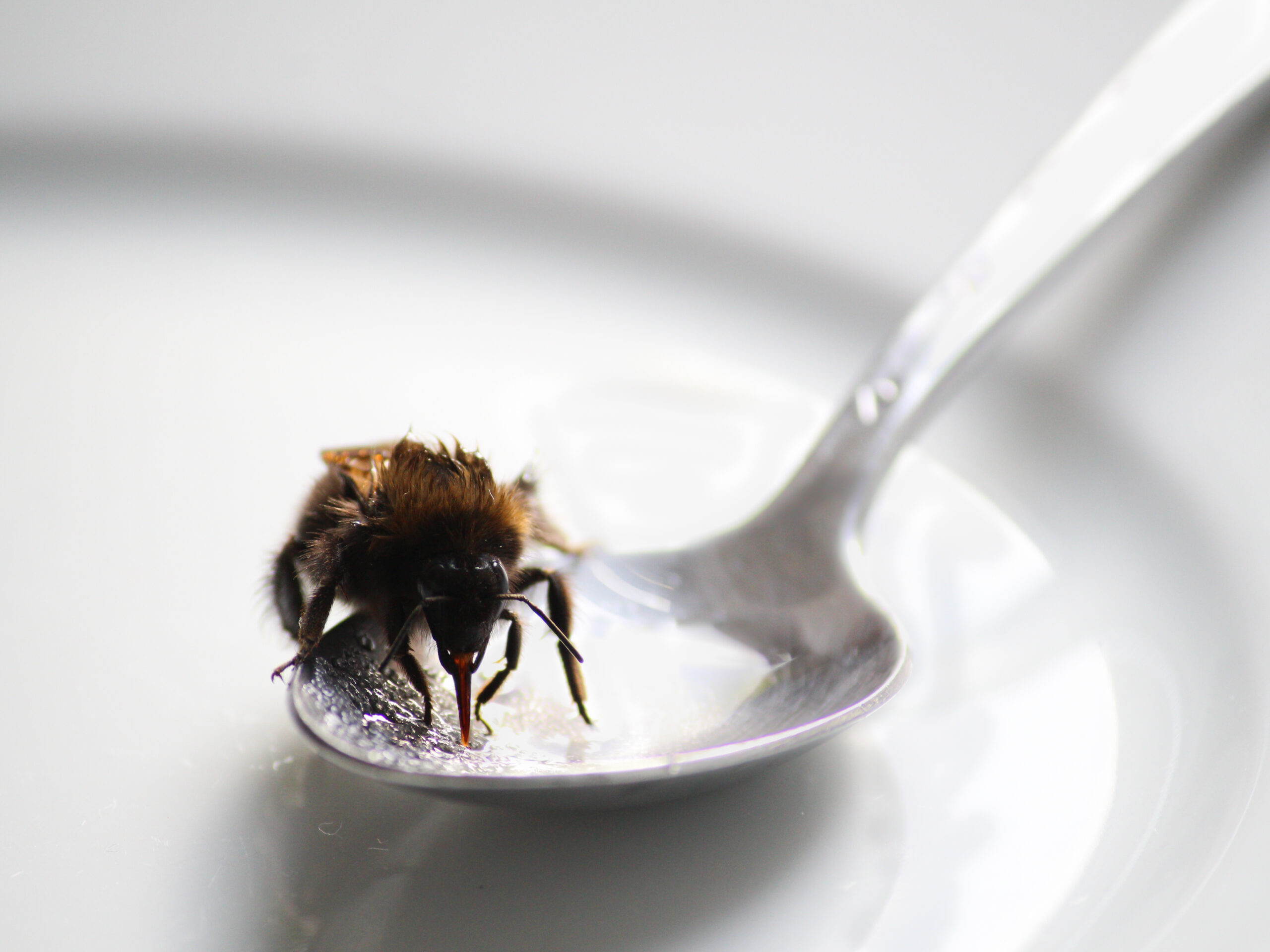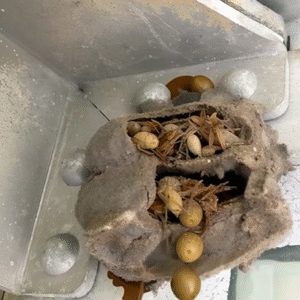My phobia is bees. Well, I should add that it’s anything that buzzes and has the capacity
to sting, but it’s without doubt bees that sit front and center of my concern. Why, you ask?
If I knew that I might be able to figure out a way to overcome my irrational fear.
Now, when I was a young child my terror knew no bounds. Literally – and I’m ashamed to say this
– if I had the power to click my fingers and rid the world of bees, I probably would have done so.
Of course, with the benefit of hindsight (and a deal more maturity and knowledge) I know that would have been an extremely bad idea. Had I assumed these god-like powers and made bees extinct I would have effectively doomed the human race to a similar fate.
You see, bees play an immeasurably vital role in our ecosystem. The United Nations Environment Programme estimate that of the 100 crop varieties that provide no less than 90% of the world’s food, 71 of them are pollinated by our buzzing friends.
Armed with that information – and the fact that I didn’t grow up to be psychopathic – I’ve taken on a new respect for bees. I might run away flapping my arms if one lands on my knee of a summer’s day, but I understand the important role they play.

Sadly, a little research will outline the rather upsetting facts about the problems bees are facing. As per the Center for Biological Diversity, as much as 40% of bee species are currently vulnerable to extinction.
With that in mind, it seems like a good idea that everyone knows the simple steps they can take to help the bee population out – particularly in and around urban areas.
World famous biologist and conservationist David Attenborough suggests placing a spoonful of sugary water in your backyard. It might not seem like much, but the mixture can actually revive exhausted bees, giving them the energy to keep going where they otherwise might die.
In such cases – where you may come across a bee seemingly lifeless on the ground– it’s often because the poor thing lacks the energy to return to its hive. The solution should be made up of two tablespoons of white, granulated sugar and one tablespoon of water.

Want to do even more? Well, it turns out you can. Again, these are all incredibly easy things to do, but something as simple as placing flowers on your balcony or allotting a certain area of your yard for wildflowers to take over can be of great assistance. Bees will benefit from the nectar such flowers offer, thus helping the local ecosystem.
So, if you ever see your partner, spouse, or kids laying out a spoonful of sugar, leave them to it! Better yet, place your own spoon outside and play your role in helping bees.





